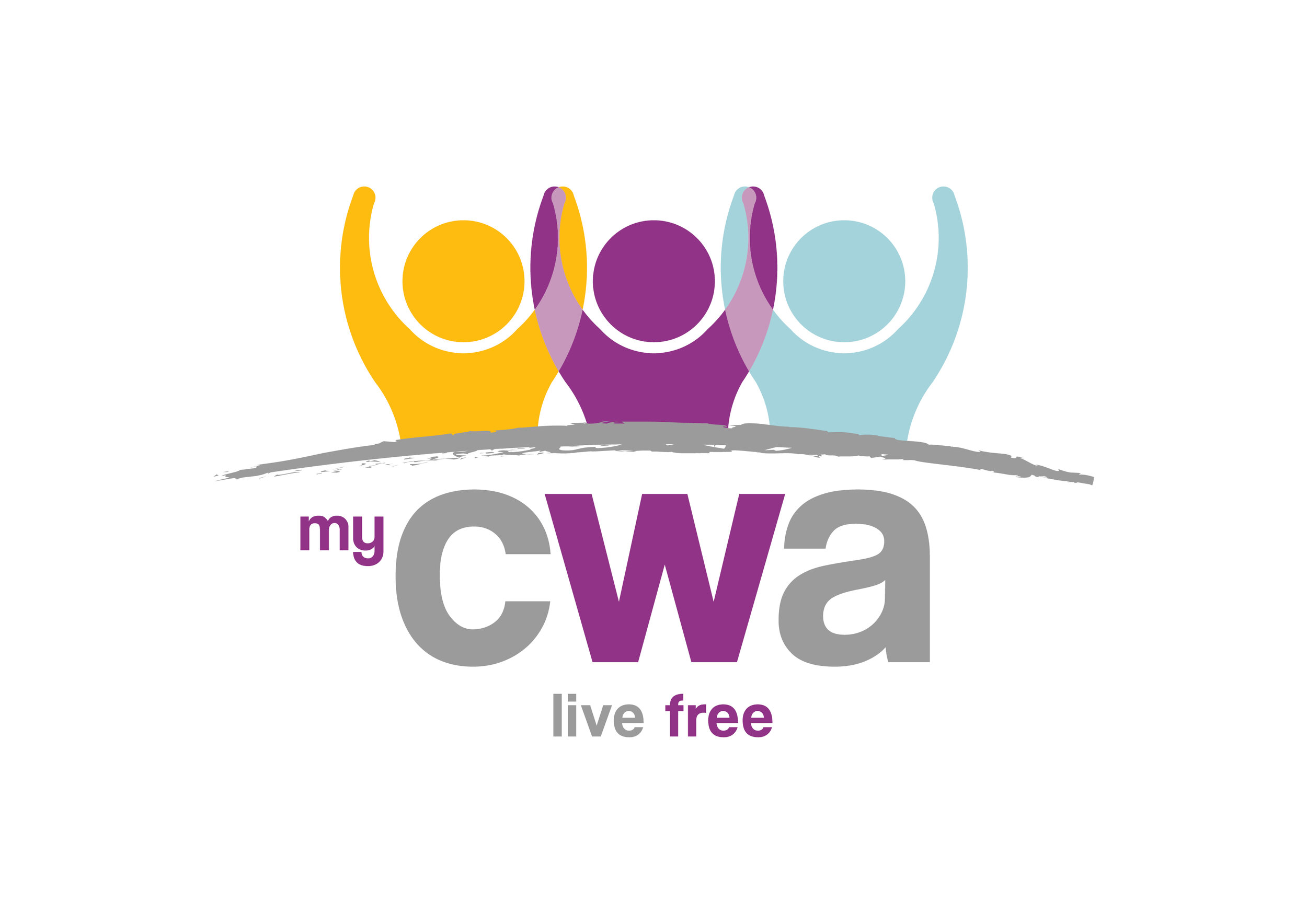sexual abuse
If your partner has ever pestered you for sex when you weren’t in the mood, touched you sexually when you didn’t want them to or aimed sexually orientated insults at you, then you’ve experienced sexual abuse.
Sexual abuse can happen to anyone regardless of age, gender, race, sexual orientation, religion, class or background.
Women and girls are more likely to experience sexual abuse but it can – and does – happen to men and boys too.
What behaviours does sexual abuse involve?
Sexual abuse includes any form of sexual activity (involving physical contact, words or photos) that takes place without the other person’s consent.
You’re more likely to be raped or sexually assaulted by someone you know – a partner, friend, colleague or other family member.
We’ve listed some examples of sexually abusive behaviour here:
Pressuring or forcing you to do something sexual
Touching you sexually when you don’t want them to
Hurting you during sex
Sending you sexually explicit texts and photos without your consent
Aiming sexually orientated insults – such as slag, slut, whore – at you
Engaging in sexual activity with you while you’re too drunk or intoxicated to give your consent
Engaging in sexual activity with you while you’re asleep or unconscious
Engaging in sexual activity with you if you’re below the age of consent (age 16 in the UK)
Stopping you from using contraception against your will (see reproductive abuse for more information)
Forcing you to watch pornography
Taking sexual images or video footage of you without your permission
If you’ve experienced any of the behaviours listed, please know that you’re not alone. Around 85,000 women are raped in England and Wales every year and 90% of them knew their abuser before the offence took place.
Less than 15% of these people will report the crime. Remember, it isn’t your fault. The only person responsible for sexual abuse is the perpetrator. We are here to help. Call us now if you need to talk.
“He has a higher sex drive than me…”
Have you ever found yourself ‘giving in’ to your partner’s persistent requests for sexual activity despite being too ill, tired or simply not in the mood?
Have you ever blamed mismatched sex drives for one of you ‘needing’ sex while the other ‘goes along with it’? Then you’ve experienced sexual abuse.
A ‘higher sex drive’ is simply not a good enough excuse for harassing, pestering or manipulating someone into engaging in sexual activity that they don’t want.
“Isn’t sex a normal part of any relationship?”
Sexual intimacy within healthy, loving relationships is always consensual. When one partner pesters, forces, manipulates or instigates sexual activity against the wishes of the other partner, it’s abuse.
Your partner isn’t entitled to sex just because they’re your partner. If your relationship is a loving and respectful one, you won’t ever be forced to engage in sexual activity against your wishes.
If you feel like you might be in a sexually abusive relationship, have a read of our get help section. For more about the services we provide, take a look at our services.
Or for urgent temporary crisis accommodation, call our 24-hour helpline on 0300 123 5101 (or 01270 250390 if you’re calling from another area).

